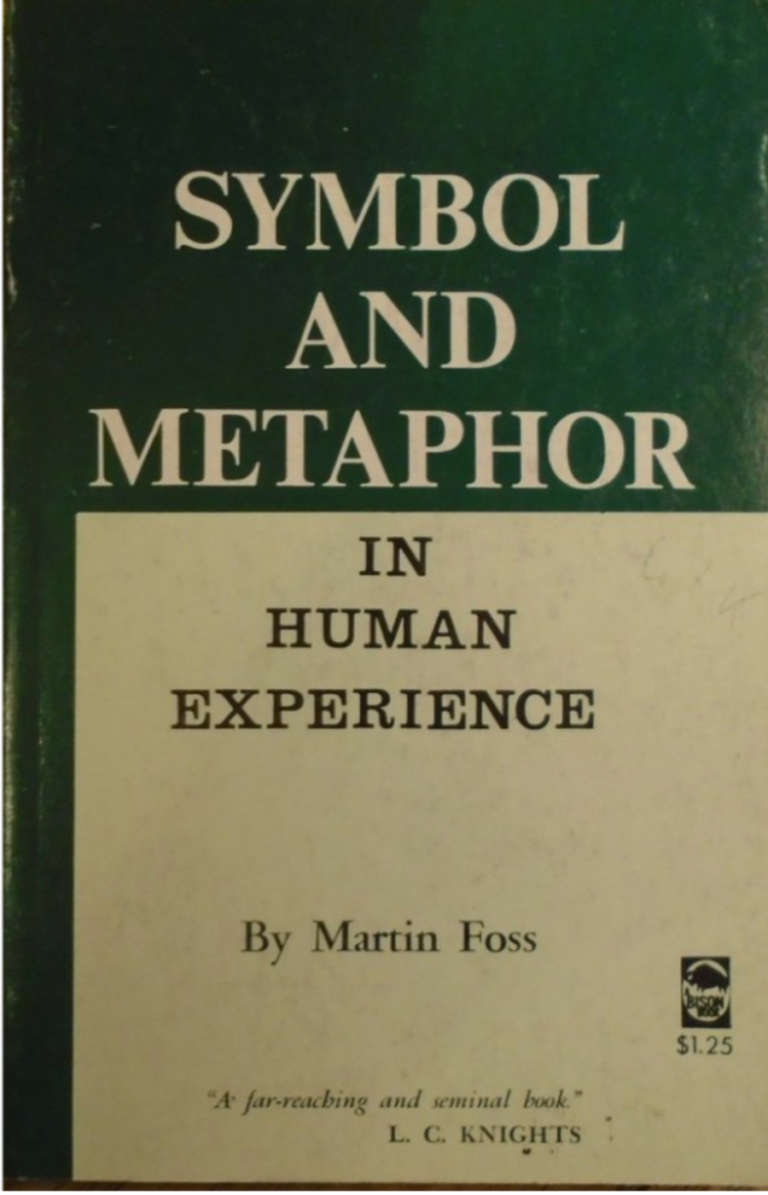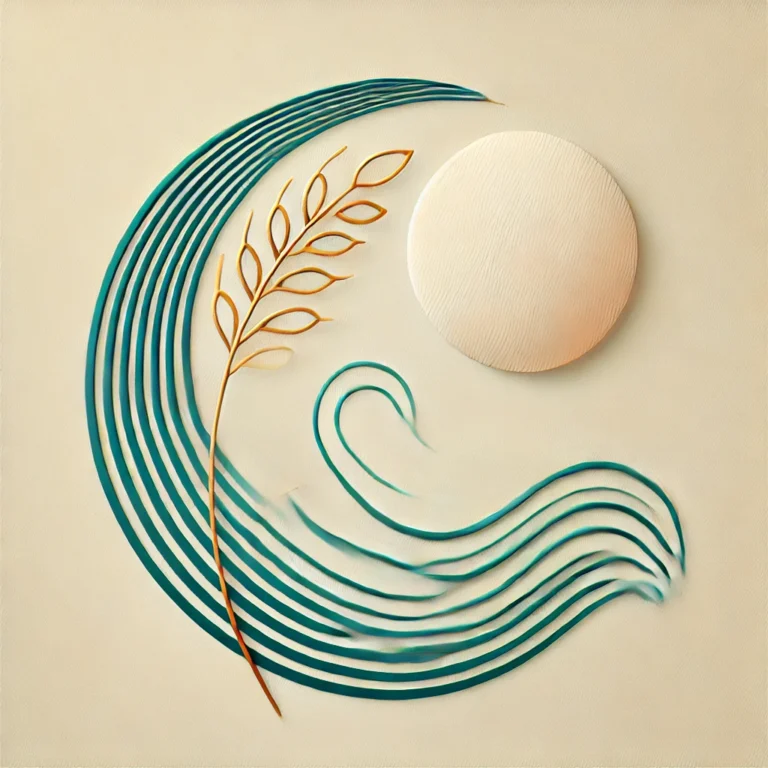Teaching from Third Space: How shared wisdom inspires transformative learning

Yesterday, I finished teaching my final Psychology of Transformative Learning class. The title alone felt daunting to me—(I didn’t choose it; I would have called it something like Imaginal Ways of Knowing or The Psychology of Perceiving and Knowing). But instead of getting stuck on that, I leaned into what I always rely on: teaching from third space.
From the start, I knew this wasn’t about me teaching the class. The subject itself—transformative learning—was the teacher. My role was to learn alongside my students. I didn’t need to worry about bringing the “right” material because I trusted it would naturally emerge in the shared space we created.
Third space, in many ways, parallels Jung’s concept of the collective unconscious. Psychologists often refer to it as “liminal” space, theologians as the “Divine Third,” and Martin Buber called it “Thou.” You might also think of it as the imagination. Unfortunately, many of our traditional institutions—religion, psychology, medicine, education—have stripped this liminal layer from their practices. If something can’t be measured or quantified, it’s often dismissed.
But third space is where inspiration, creative renewal, and meaning reside. It’s the realm of expanded knowing, intuitive wisdom, and endless possibility. It’s where the great unknown becomes accessible. When two or more people come together with shared intention, a larger wisdom emerges—one that’s greater than the sum of its parts.
Teaching from this place inspires and renews me. It makes each class feel alive, like a co-creative journey. And this class? It turned out great.





